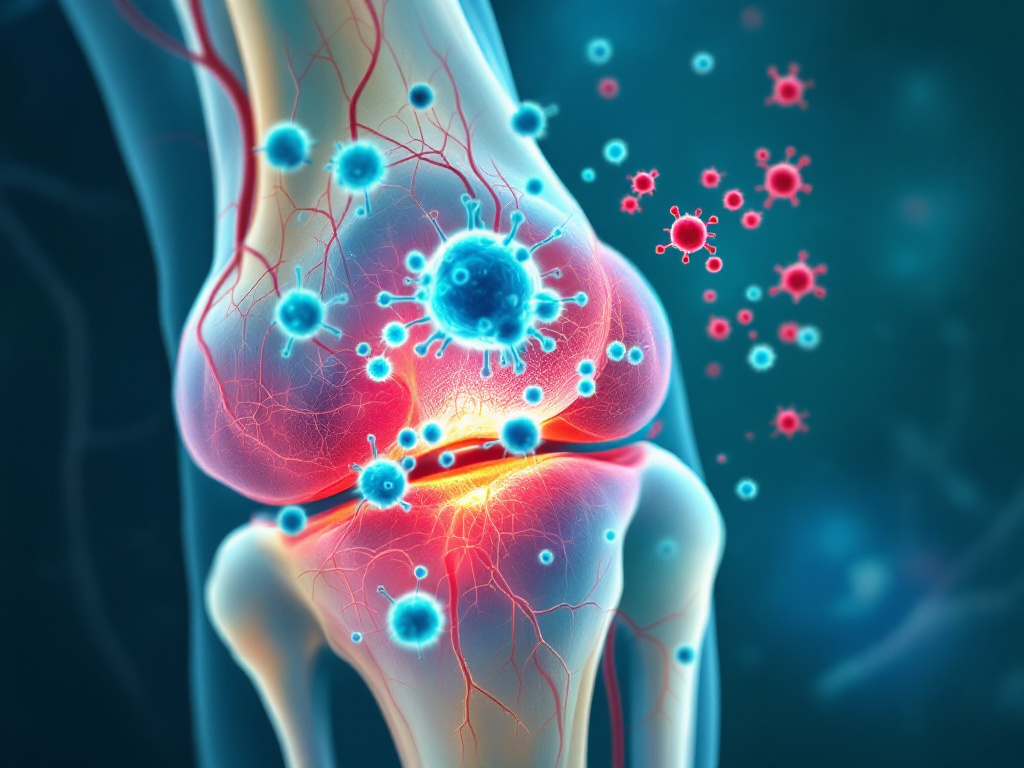The potential of therapeutic peptides extends far beyond autoimmune diseases. These versatile molecules are being explored for a wide range of applications, including cancer therapy, infection control, wound healing, and neurological disorders. The ongoing research in this field is revealing new possibilities for therapeutic peptides, making them a central focus in drug development.Peptides in cancer therapy are gaining attention due to their ability to selectively target cancer cells. Some peptides can bind to specific receptors on cancer cells, delivering cytotoxic agents directly to the tumor while sparing healthy tissues. Others can stimulate the immune system to recognize and destroy cancer cells. This targeted approach offers the potential to improve treatment outcomes and reduce the side effects associated with traditional chemotherapy.Antimicrobial peptides are being developed as a novel approach to combat antibiotic-resistant bacteria. These peptides can disrupt the bacterial cell membrane, leading to cell death. They offer a broad spectrum of activity against various types of bacteria, including those that are resistant to conventional antibiotics. Antimicrobial peptides represent a promising alternative to traditional antibiotics in the fight against infectious diseases. Peptides for infection control are becoming essential in the era of rising antibiotic resistance.Peptides for wound healing are showing promise in promoting tissue regeneration and reducing scarring. These peptides can stimulate the production of collagen, a key component of the skin, and accelerate the healing process. They are being developed for treating chronic wounds, burns, and surgical incisions. Peptides for wound healing offer a targeted approach to promoting tissue repair and improving cosmetic outcomes.Therapeutic peptides are also being explored for the treatment of neurological disorders. Peptides that can cross the blood-brain barrier are being developed to deliver therapeutic agents directly to the brain. These peptides offer the potential to treat conditions such as Alzheimers disease, Parkinsons disease, and stroke. Peptides for neurological disorders may provide a breakthrough in treating these challenging conditions.Moreover, peptides for chronic pain are being investigated as an alternative to opioid-based pain medications. Some peptides can block pain signals from reaching the brain, providing effective pain relief without the risk of addiction. Peptides for chronic pain offer a targeted approach to managing pain that can improve the quality of life for patients with chronic pain conditions.The future of therapeutic peptides is bright, with ongoing research revealing new applications and possibilities. Peptides in drug development are becoming increasingly important as researchers explore their potential to treat a wide range of diseases. The versatility and targeted action of therapeutic peptides make them a valuable tool in the fight against various ailments.In conclusion, therapeutic peptides are revolutionizing modern medicine with applications far beyond autoimmune diseases. From cancer therapy to infection control, wound healing, and neurological disorders, therapeutic peptides are offering new hope for patients with a wide range of conditions. As research continues to advance, we can expect to see even more innovative uses of therapeutic peptides in the future.










